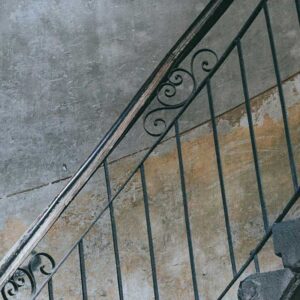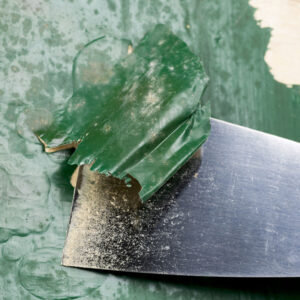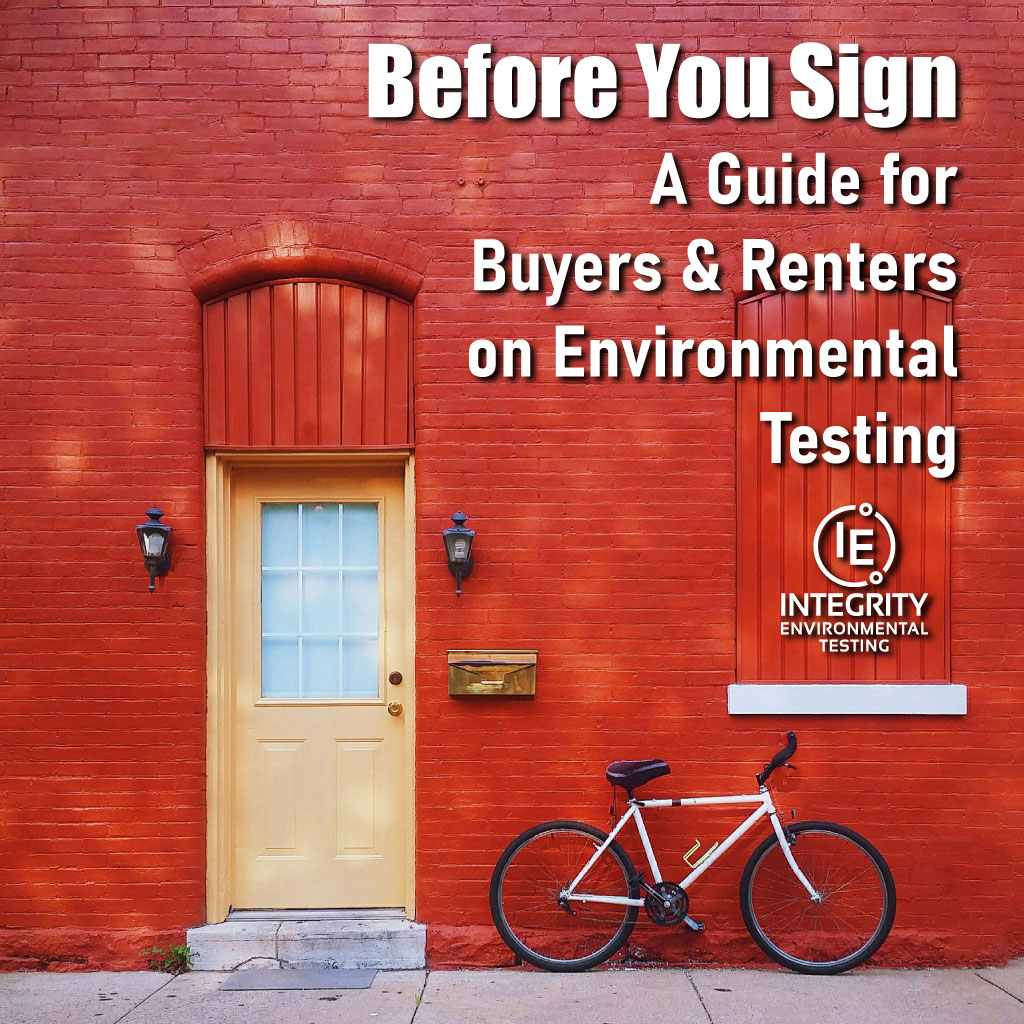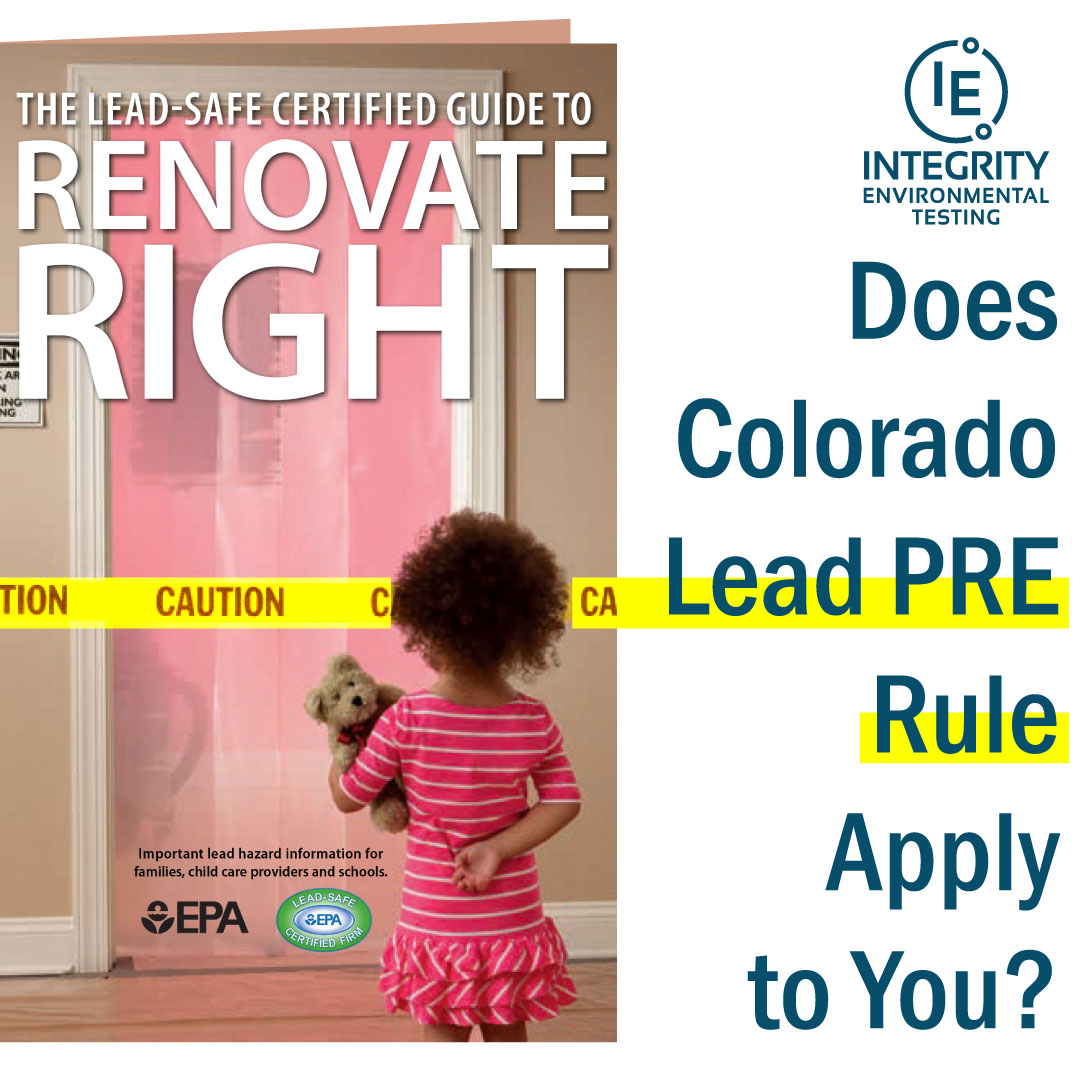Is there Lead in Your Pre-1978 Home? Free Phone Consultation.

Residential Lead Testing
Worried about lead in your Glenwood Springs, Colorado home? Get accurate, hassle-free results and keep your family safe with professional lead testing.

Commercial Lead Testing
Lead testing with IET offers accurate analysis. Ideal for peace of mind and safety in offices, historic buildings, and large-scale renovations.
Lead Testing in Glenwood Springs, Colorado
Test for Peace of Mind and Safety
Lead exposure remains a serious concern, especially in older homes and buildings. At Integrity Environmental Testing, we provide comprehensive lead inspections and testing to ensure your property is safe. Whether you’re a homeowner, contractor, or business owner, our advanced technology and certified expertise give you accurate, reliable results.
If you are going to be remodeling or potentially damaging materials in your home or business – it could release lead (or asbestos). Protect yourself and those around you with IET’s lead testing service.
You may be required to follow certain protocols in commercial properties, but it’s always a good idea to know if you’re going to be working on a pre-1978 building or home.

Always Free Phone Consultations

Call Now!
We’ll Call You!
Certified professionals – experts in environmental hazards – are ready to answer your environmental testing questions.
The Latest in Lead Testing Technology: X-Ray Fluorescence (XRF)
INSTANT RESULTS
Why wait for samples to come back from the lab? X-Ray Fluorescence (XRF) gives you instant results so you can begin fixing your problem right away.
QUANTIFIES LEAD
XRF provides accurate and immediate results by measuring the amount of lead in old paint. XRF detects the presence of lead and quantifies it in milligrams per square centimeter.
NON-DESTRUCTIVE
XRF offers unmatched precision and reliability. Efficient testing of numerous surfaces, quickly, and it’s non-destructive nature make XRF an important technique.
GOLD STANDARD
X-Ray Fluorescence (XRF) is the cutting-edge technology in lead testing, using a handheld device that resembles a radar gun.
IT’S THE LAW
In homes and buildings constructed prior to 1978, lead inspections identify lead in materials including paint and finished surfaces.
CERTIFIED EXPERTS
Operated by trained and certified lead inspectors.
Local Office:
201 Milwaukee St Unit 200
Denver, Colorado 80206.
We’ll come to you in Glenwood Springs, just give us a call at (303) 834-3594.
*Jobs requiring greater than two hours travel will incur an additional charge. Give us a call with questions.

Glenwood Springs, Colorado’s Cutting-edge Environmental Testing Service!
Unrivaled Accuracy for Air Quality & Surface Quality Testing… with the Latest Technology, at the Same Price.
We invest in the latest equipment which identifies levels of contaminants in real time! Leading the way in tools and technology, we proudly serve Glenwood Springs and your neighbors in Colorado.

Hogs555, CC BY-SA 3.0, via Wikimedia Commons








